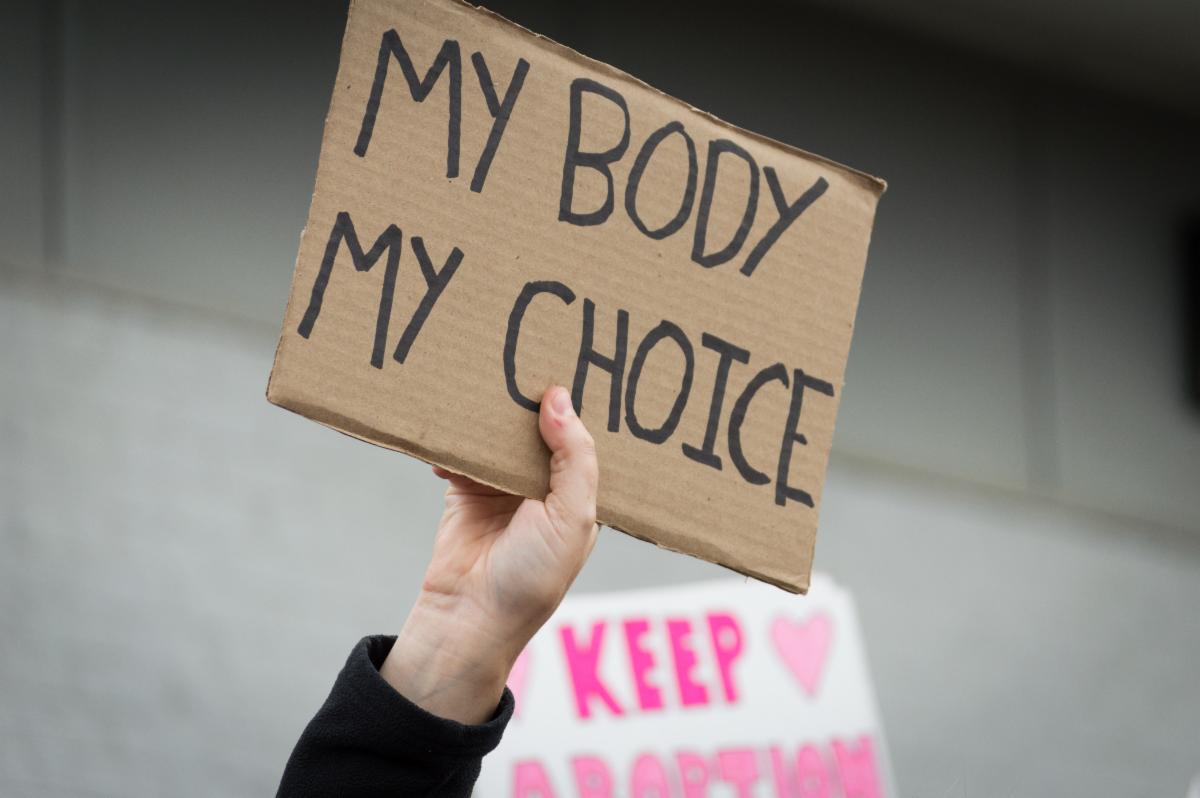Why the Texas Abortion Law May Galvanize Young Women Politically Like Never Before

Like generations of other young women before them, Generation Z women have grown up with access to legal abortion as a constitutional right. In its refusal to block a Texas law that essentially prohibits all abortions in that state, the Supreme Court has opened the very real possibility that such access will become impossible for millions of young women who live in red states.
Given that women aged 20 to 24 account for the largest proportion of individuals that receive abortions, the political reaction from Gen Z women is especially important to consider. I’ve spent the past several years researching the political behavior of this nascent generation. I find that not only are Gen Z women more supportive of abortion rights than other Americans, but that their decision to engage in politics is significantly driven by these pro-choice attitudes. If the Supreme Court decides later this upcoming term to overturn longstanding precedent set by Roe v Wade, which may be a reality after it hears arguments concerning the legality of a restrictive Mississippi abortion law, the political backlash from Gen Z women could be enormous.
Public opinion on abortion finds that most Americans remain somewhat ambivalent, generally favoring some accessibility to the procedure but willing to accommodate some restrictions. For instance, PRRI finds that just 16 percent of Americans nationally think abortion should be illegal in all cases while more Americans—23 percent—think it should always be legal.
PRRI data shows that younger Americans are more likely than older Americans to be pro-choice; moreover, younger Americans are more likely to have changed their abortion attitudes in a pro-choice direction. When asked whether they have become more or less supportive of abortion rights in the past five years, 22 percent of Americans say their attitudes have changed, with 11 percent indicating they are now more pro-choice and 9 percent now more pro-life.
However, my analysis of this PRRI data finds that Gen Z Americans, aged 18 to 23, are twice as likely—22 percent—to say that their attitudes have become more supportive, with just 10 percent saying they have become more opposed. And among Gen Z women, 1 in 4 (24 percent) have become more liberal in their attitudes about abortion as they have entered young adulthood.
My own research also finds that Gen Z women are significantly more pro-choice than their male counterparts. For example, I fielded a survey in July 2019 using the research firm Qualtrics, which recruited more than 2000 American citizens between the ages of 18 and 23. While participants were volunteers (i.e. not a random sample), I constructed the sample to be representative of Gen Z on several metrics (gender, race, socioeconomic status).
My survey finds that just 15 percent of Gen Z Americans say that by law, abortion should never be permitted. Conversely, 43 percent of Gen Z Americans agree that a woman should always be able to obtain an abortion as a matter of personal choice. Nearly half (48 percent) of Gen Z women, however, believe that abortion should always an available option compared with just 36 percent of Gen Z men.
Moreover, Gen Z women who identify as the most pro-choice are also significantly more engaged in politics than other Gen Zers. Asking about their participation in politics in the previous year, I find that, on average, Gen Z Americans reported engaging in 3.61 political activities. While abortion attitudes do little to shape Gen Z men’s decision to participate in politics, I find that support for abortion rights is significantly related to Gen Z women’s participation, with the staunchest pro-choice women engaged in, on average, 4.33 political activities.
Even after controlling for partisanship, socioeconomic status and other factors, moving from the most restrictive abortion view to the most liberal abortion view raises Gen Z women’s political activity levels by almost a full point. While this might not sound impressive, the cumulative effect of this difference when multiplied by millions of Gen Z Americans shows that Gen Z women are a potential force to be reckoned with. And I collected this this data before the Texas law went into effect.
There is every reason to expect that pro-choice Gen Z women will organize effectively to counter these types of restrictive laws, particularly given its adroit use of technology, which has allowed such women to form effective on-line political groups and to organize massive rallies to combat climate change, gun violence and racial and gender injustice. One need to look no further than the recent move by many Gen Z women to flood an online tip line set up by Texas Right to Life to identify people who have violated the new law with false reports, porn and Shrek memes to show how tech-savvy they are and how effective their digital activism can be.
Online shenanigans aside, Republicans leaders in states who are thinking of passing similar laws should consider that a surge of young people turned out to vote in the 2020 presidential and 2018 midterm elections, with Gen Z women turning out at higher rates than men. If indeed the Supreme Court does reverse Roe in this upcoming term, GOP political leaders with intentions of outlawing abortion may be poised to pay a political price at the ballot box.

